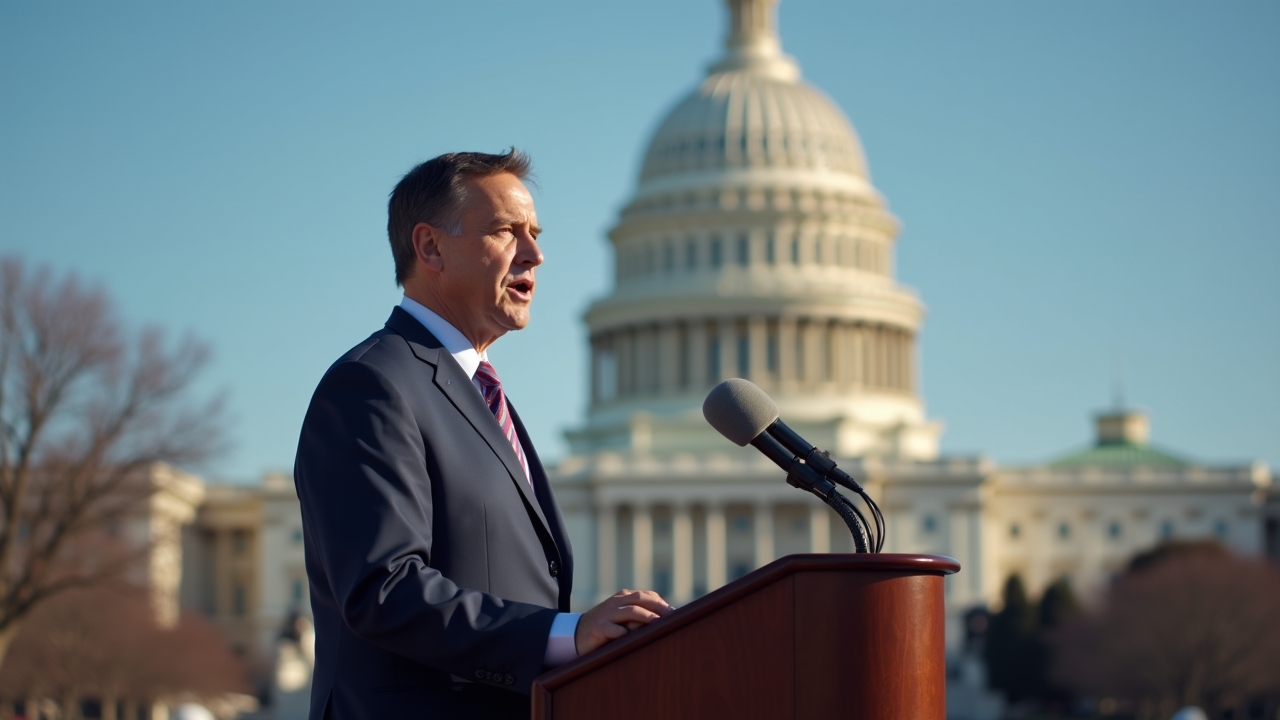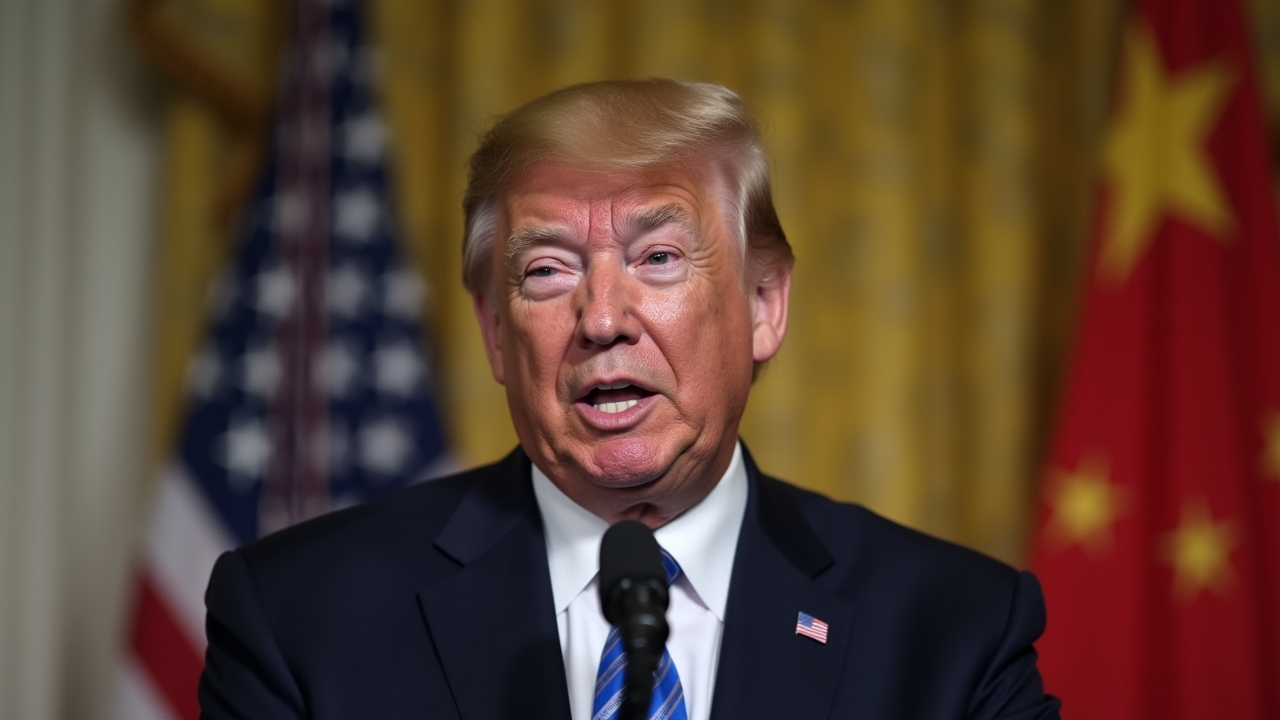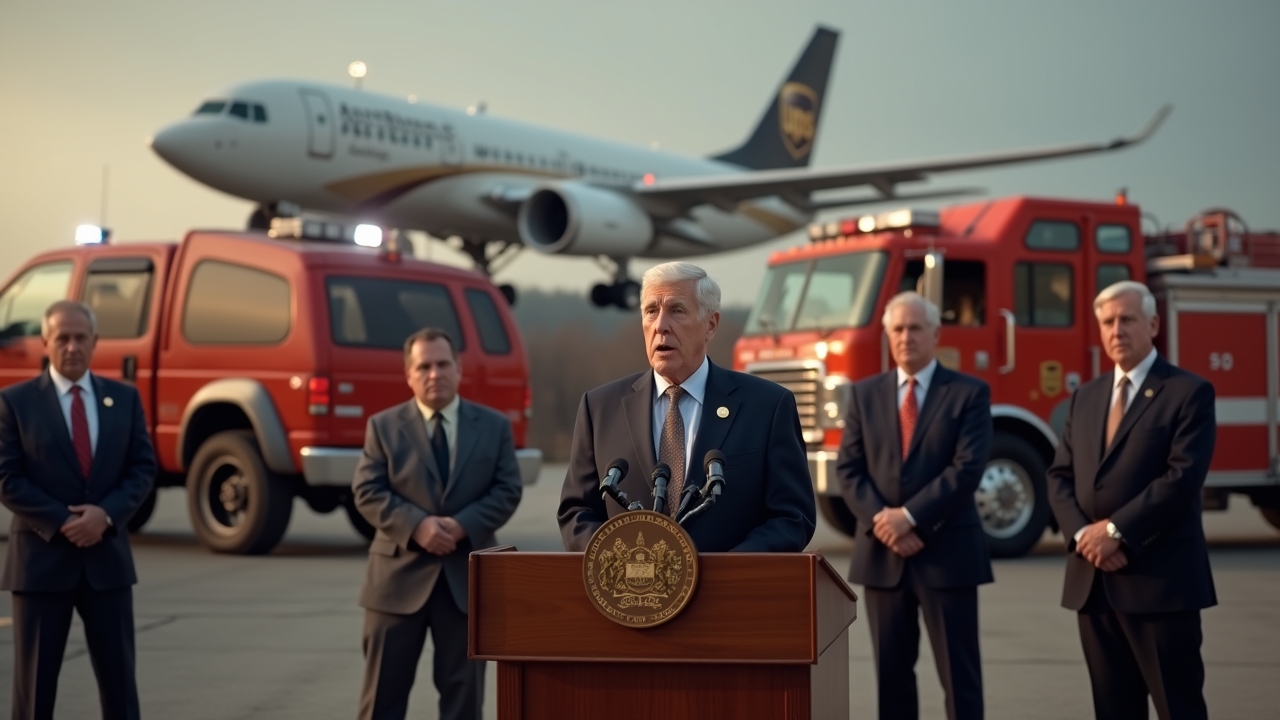PROTECT YOUR DNA WITH QUANTUM TECHNOLOGY
Orgo-Life the new way to the future Advertising by AdpathwayThe recent developments in Syria have stirred significant concern among various communities, particularly Kurds and Christians. With the planned visit of Syria’s new leader, Ahmed al-Sharaa, also known as Abu Mohammed al-Julani, to Washington on November 10, 2025, many are questioning the implications of this event. Al-Sharaa’s regime comprises factions linked to both al-Qaeda and ISIS, raising eyebrows in a nation still grappling with the remnants of their ideologies.
Many observers are taken aback by the notion of al-Julani, who had a five-million-dollar bounty on his head, being invited to the White House. “How can this be?” asked Charbel, a Syrian Christian veteran of the fight against ISIS, who has seen firsthand the devastation wrought by Islamist groups. His incredulity reflects a wider sentiment; the idea of a man associated with terrorism being welcomed in such a manner feels like a betrayal to those who have suffered deeply at the hands of extremists.
Al-Sharaa led a coalition that managed to topple Bashar al-Assad’s government in late 2024, yet his designation as a Specially Designated Global Terrorist since 2013 and the inclusion of his organization, Hayat Tahrir al-Sham (HTS), on the U.S. Foreign Terrorist Organization list until July 2025 casts a long shadow over his authority. The Kurdish perspective is particularly revealing. “Yes, he wants to join the coalition because of pressure from the Americans,” remarked a Kurdish woman from Qamishli. This statement encapsulates the skepticism many have regarding al-Julani’s motivations and capabilities in genuinely combating ISIS, especially given that ISIS was part of the broader suffering endured by communities in the region.
A common thread among many who once fought ISIS is the disbelief that a group associated with such a violent past can now be seen as a partner against the very organization they once embodied. One veteran expressed this frustration sarcastically: “Julani’s group joining the coalition to fight ISIS—oh my goodness.” Such sentiments highlight the complexity of the shifting allegiances in the region’s chaotic power dynamics.
While the Kurdish-led autonomous zone in Rojava has been relatively safe, there are escalating ISIS-linked attacks in areas like Deir ez-Zor and Raqqa. Reports indicate that despite losing territorial control, ISIS remains active with an estimated 1,500 to 3,000 fighters engaged in insurgent activities. These actions are accompanied by a series of attacks that showcase ISIS’s evolving tactics, including ambushes and the use of improvised explosive devices targeting both civilians and military personnel. Amidst this turmoil, the fate of over 8,000 ISIS detainees held in overcrowded camps is also a growing concern. Radicalization among the detainees and their families could plant the seeds for future violence.
As ISIS initiates a notable uptick in attacks—117 assaults in 2025 alone, already eclipsing the preceding year—critics are drawing attention to the decreased U.S. military presence in the region. The reduction from 2,000 to around 700 troops has undermined coordination and intelligence-sharing crucial for combatting the resurgence of extremism.
Internationally, ISIS has morphed into a decentralized network, with affiliates spreading across Africa, Afghanistan, and Central Asia. This expansion is particularly worrying, as groups like IS-Khorasan gain ground. The ability of ISIS to leverage cryptocurrencies and the dark web for financing illustrates a modern and adaptable insurgency that evades traditional detection methods. As the U.S. and Europe diminish their involvement, the vacuum left behind is being filled by jihadist factions, while other major world powers take advantage of this instability to elevate their influence.
The prospect of al-Julani’s regime integrating into the U.S.-led coalition against ISIS deeply troubles many within Syria. For the Kurds and Christians, this development undermines both the sacrifices made in the fight against extremism and the moral authority of the coalition itself. Observers are left to ponder how the West can reconcile inviting a man synonymous with terrorism into dialogues intended to eradicate that very threat.
As these complexities unfold, the skepticism surrounding the legitimacy of al-Julani’s government remains a point of contention, with echoes of distrust reverberating through communities that have endured heartbreak and loss at the hands of extremist ideologies. The path ahead remains fraught, with lived experiences of betrayal shaping the discourse around this evolving situation.
"*" indicates required fields


 2 hours ago
1
2 hours ago
1

















.jpg)






 English (US) ·
English (US) ·  French (CA) ·
French (CA) ·